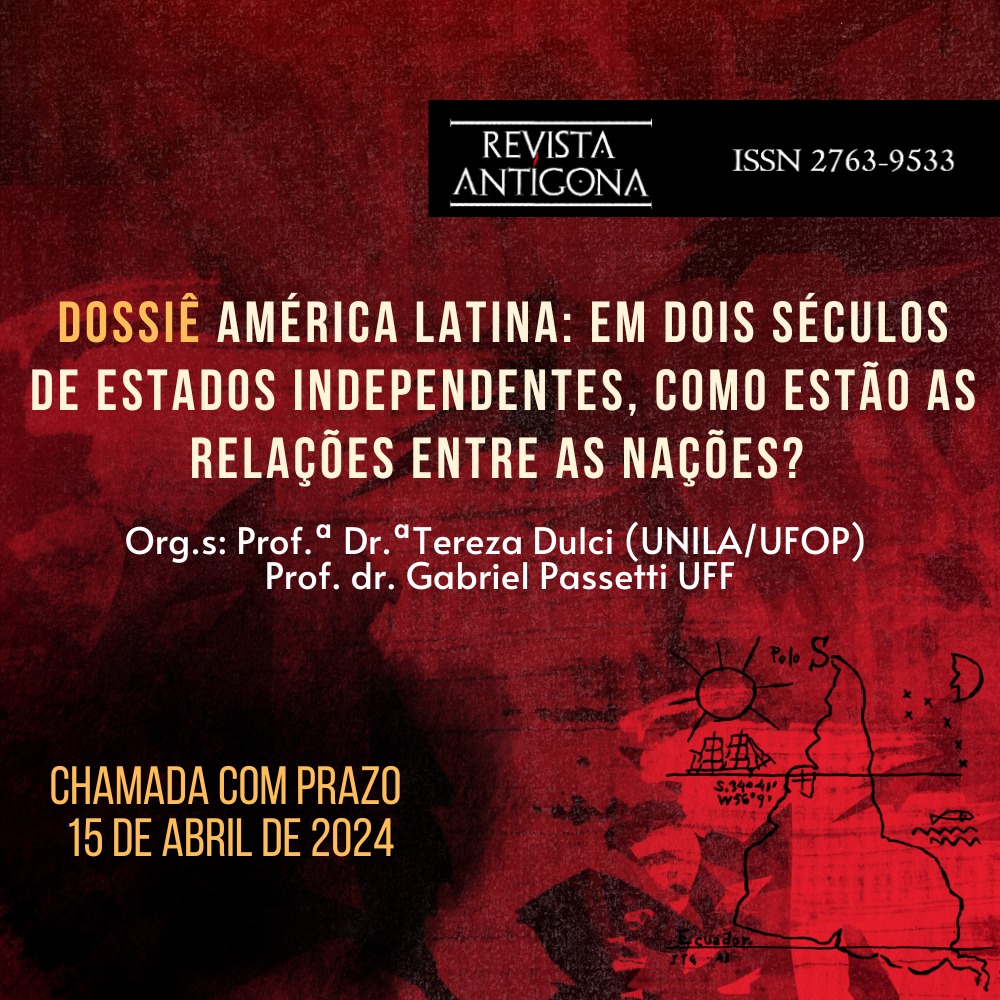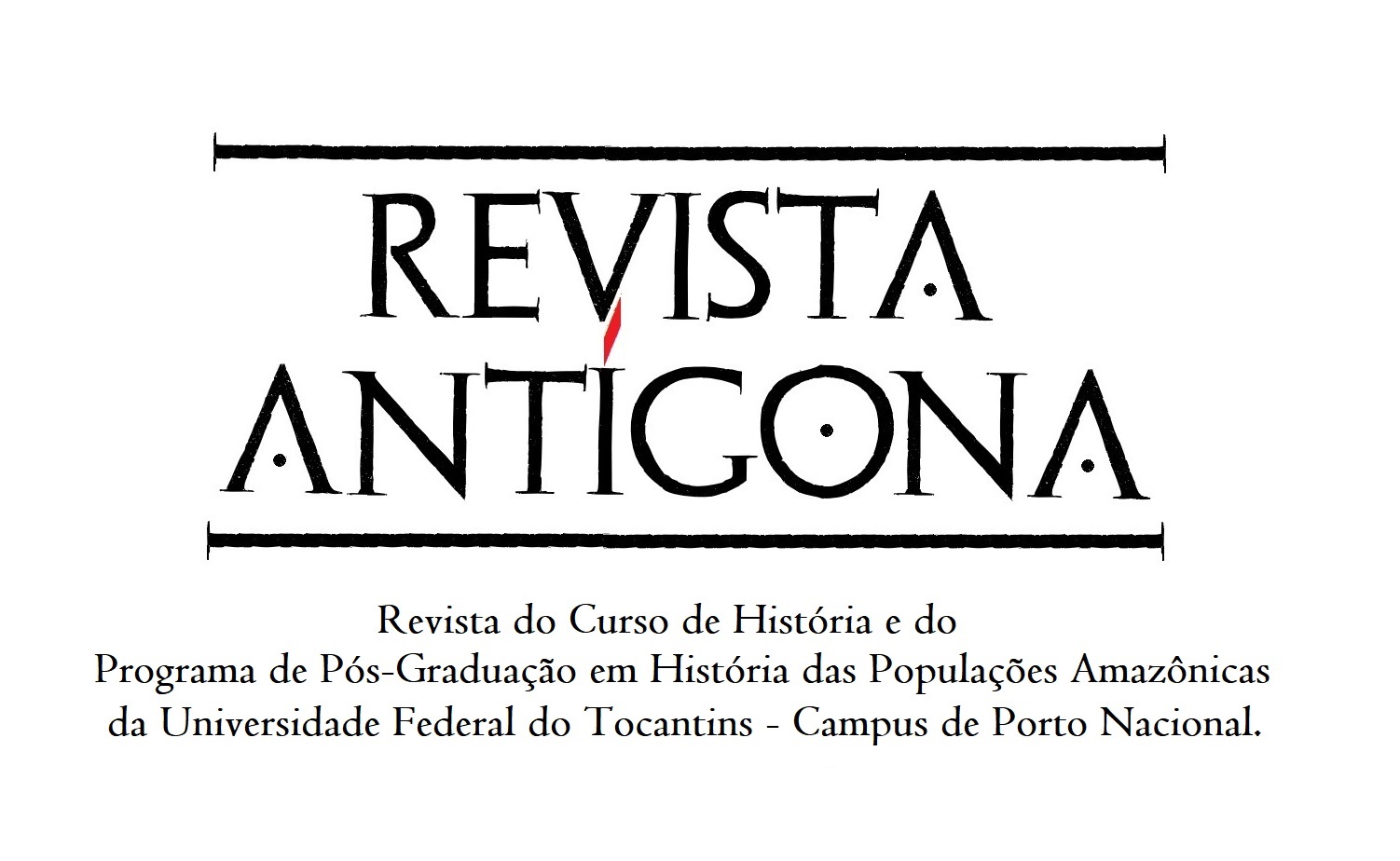ENSINAR A SER LIVRE
AS RELAÇÕES ENTRE A LEI DO VENTRE LIVRE NO BRASIL E EM PORTUGAL COM OS DISCURSOS COLONIAIS DO SÉCULO XIX
DOI:
https://doi.org/10.20873/uft.2763-9533/2024.2.4Keywords:
abolicionismo, colonização, Lei do Ventre LivreAbstract
This article addresses the relationship between Portugal’s Law of July 24, 1856, which had as one of its objectives to emancipate children born to enslaved mothers, with Brazil’s Free Womb Law, approved in 1871. Both pieces of legislation share some discursive proximity, being quite similar in some points. This article concludes that this proximity occurs due to the appropriation of colonial discourses by Portuguese and Brazilian elites, who believed in the necessity of "civilizing" populations of African origin through European culture. In Portugal, this abolitionist legislation was clearly related to a colonial project, as it aimed to create policies for exploitation its Africa colonies. On the other hand, Brazil did not have colonies, but the political and economic elites saw themselves as part of European culture and internalized the colonial mission. These thoughts led to the creation of the Free Womb Law, which had as one of its objectives to civilize the populations understood as inferior. In this way, Brazilian elites understood black and enslaved populations as colonized populations, even within national borders, bringing them closer to the vision that Portuguese had of the autochthonous populations that inhabited their African colonies.



